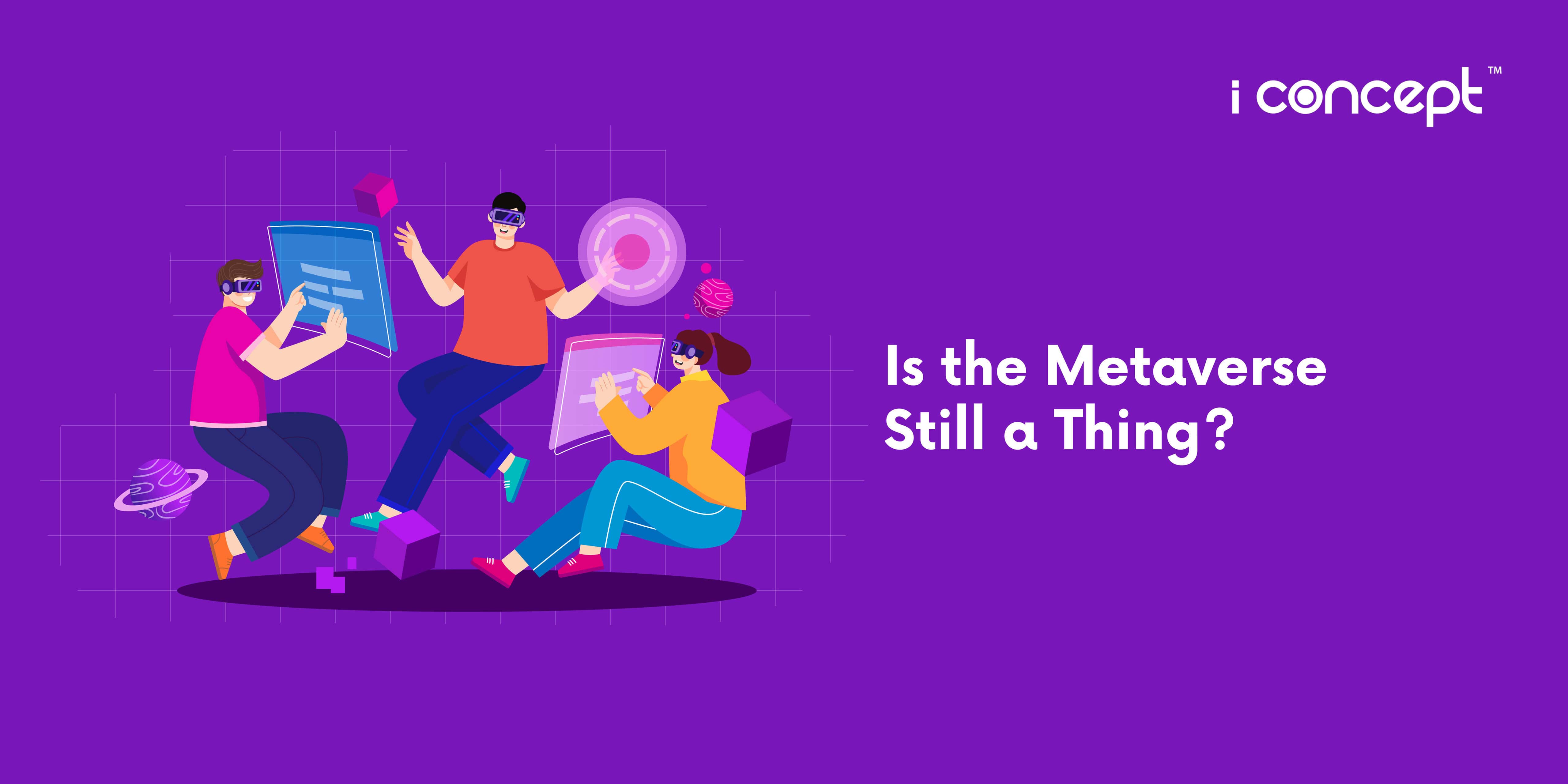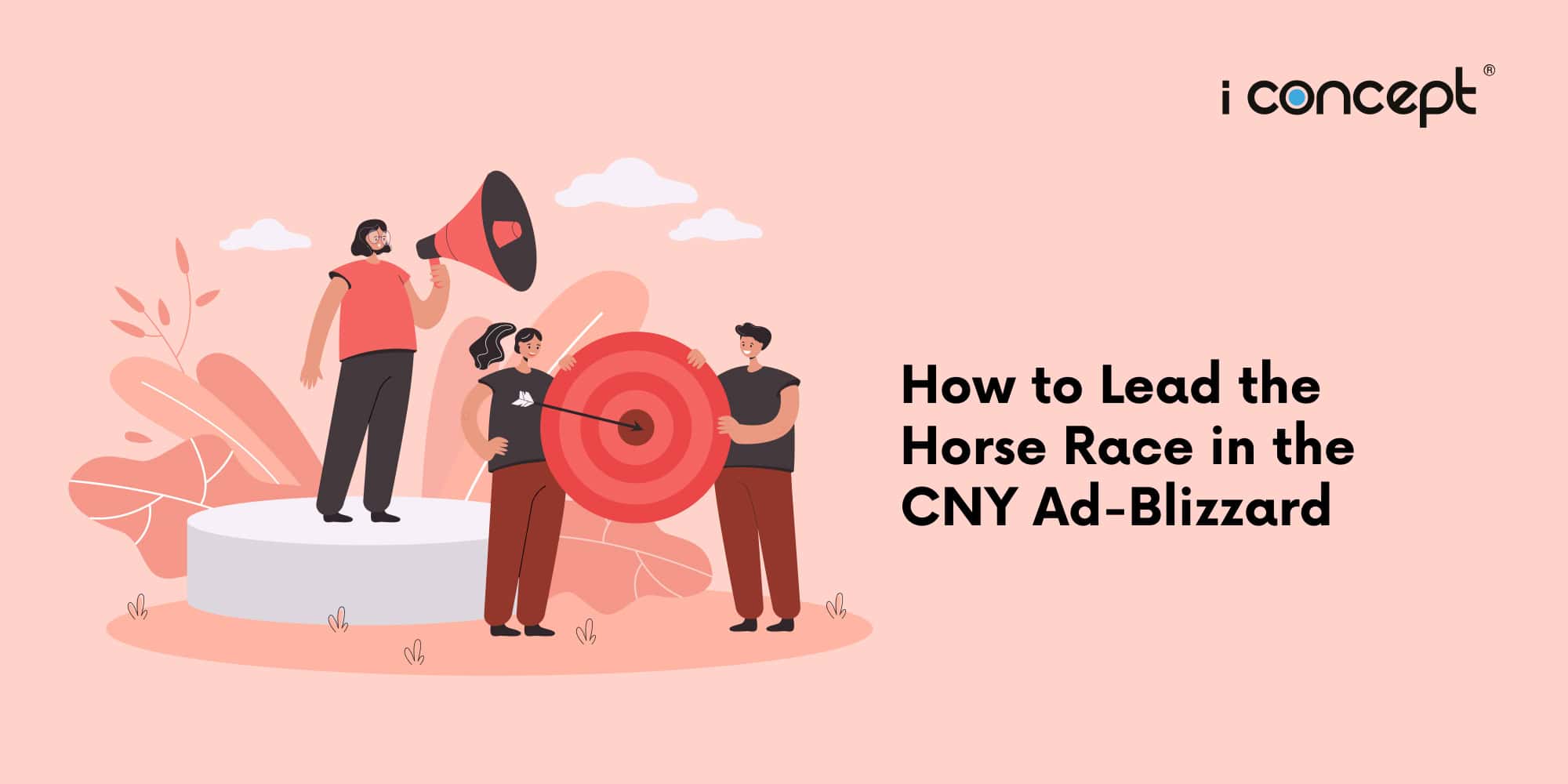Video games used to be a pretty solitary affair. You’d plug in your cartridge (before removing it again to give it a blow to get it working properly), and devoted the afternoon trying to defeat the big bad and save the princess. At most, you’d have a friend or a sibling plug in another controller to assist you.
Then came the internet, and multi-player gaming truly bloomed.
You’d have World of Warcraft – a massively multiplayer online game, or MMO, which was able to host literally thousands of players at one time.
You can still play Street Fighter with someone next to you, but you can also challenge someone from Vietnam in one minute, and then someone from Australia in another.
One of the next natural evolutions of gaming, when brands started to take a vested interest into gaming, was the metaverse.
The Birth of the Metaverse
The term “metaverse” was first used in Neal Stephenson’s 1992 novel, Snow Crash, depicting a virtual reality escape from a dystopian society. Ernest Cline’s Ready Player One also explored a massive virtual world that the story’s characters found solace in. The book was later made into a movie by Steven Spielberg.
The 2010s was when things really kicked into gear.
The metaverse, a virtual space where people can interact with each other and digital objects using avatars and virtual reality technology, started to pick up speed. Brands like Apple, Google, Microsoft, Samsung and Sony developed proprietary virtual reality (VR) and extended reality (XR) technology was created to supplement the metaverse experience.
An increased interest in cryptocurrency provided one of the most popular means players can divert their sweet, sweet moolah towards brands.
Worlds were created. Facebook rebranded into Meta, introducing their own version of the metaverse. Hyundai partnered with Roblox to create “Hyundai World” within the Roblox metaverse. Disney created virtual theme parks. Nike sold digital sneakers in their metaverse.
Yes, the hype was real. And then it wasn’t.
What Happened?
Some business numbers pointed to a lack of profitability. Meta’s virtual and augmented reality branch, Reality Labs, reported a loss of $21 billion in 2022. Their headsets sold 20 million units. This seems to be an impressive number, but it ultimately pales in comparison to other consoles – like Playstation 5’s 40 million units.
Users also complained of empty worlds, with only 300,000 monthly users – a tiny number when considering the millions using Facebook and Instagram.
Decentraland, an open metaverse platform that once engaged clients like luxury auction house Sotheby, saw a drastic fall in users and virtual property values fall by 95%.
TerraZero Technologies, which aimed to offer metaverse property loans, had its first and only mortgage returned at cost due to the collapse of the metaverse market.
According to Paul Trivedi, Practice Director of advisory firm Everest Groups, factors that lead to the metaverse’s decline include:
Overhyped expectations: Bold promises, especially from prominent figures like Zuckerberg, created unrealistic expectations that current technology and market readiness couldn’t fulfill. The ambitious vision outpaced practical development and consumer adoption.
Limited consumer interest: The metaverse concept might have been too futuristic or niche to attract widespread consumer appeal, particularly in its early stages.
Industry headwinds: The decline of NFT and crypto markets negatively impacted enthusiasm for digital assets within the metaverse. Meta’s substantial investment losses further dampened investor confidence.
Shifting priorities: The rapid rise of Generative AI captured public attention and investment, diverting focus and resources away from metaverse development.
Corporate skepticism: High-profile retreats from companies like Disney, along with a general industry trend of scaling back metaverse projects, signaled a broader reassessment of its immediate commercial viability.
The End of the (Metaverse) World as we Know it?
The metaverse isn’t dead per se. Experts believe the future of the metaverse holds significant promise, though its exact shape is still unclear. They envision a future where businesses across various sectors widely adopt immersive technologies. This adoption will lead to several benefits, such as improved customer and employee experiences, reduced costs, and increased revenue.
Yet others believe “metaverse” may be passe, and even have negative connotations. They propose alternative terms like “spatial computing” or “immersive experiences” to better describe the evolving field of immersive technologies.
Whatever it is, it remains to be seen how the future of metaverse shapes up.
Make a World of Difference to your Brand with I Concept
We at I Concept are a fully integrated creative agency specialised in helping your brand reach hearts and minds, not just in the AI space, but in the digital sphere as well. Our expertise ranges from branding in Singapore, digital marketing, web design and development, digital copywriting, logo design for the company, ecommerce development, and more, making up a comprehensive range of services to help businesses thrive in today’s competitive landscape.
Plus, with the support of government initiatives like the Enterprise Development Grant and Productivity Solutions Grant (PSG), businesses can access funding to invest in innovative marketing campaigns. Apply for the PSG now to kickstart your digital marketing journey with I Concept.
Contact us today!










